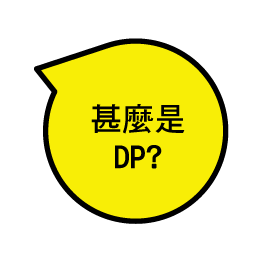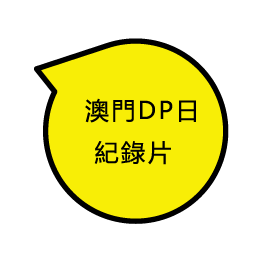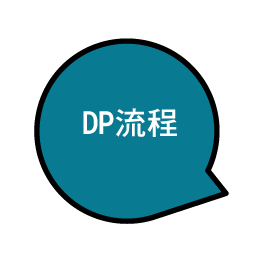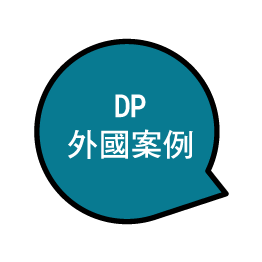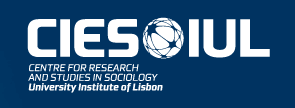Macao Daily Times: Press Law survey starts next week (英文)
The first step in the ‘deliberative poll’ to assess public opinion on the revision of the Press and Broadcasting Law by baseline telephone survey will be launched next week, involving a total of 2,000 randomly selected Macau adult residents. The questionnaire will mainly focus on the public’s media usage and access to information, general knowledge of society, politics, media and the Press Law and the Broadcasting Law, as well as personal values and political attitudes, said E-Research & Solutions (ERS) director Angus Cheong Weng Hin. Local company ERS was awarded a MOP 3.5 million tender to conduct the survey. Between 250 and 300 respondents – “a representative microcosm of society,” said Cheong – will then be selected to join small group discussions with experts on Sunday December 4, at the Kao Yip Middle School campus. Free meals aside, the participants will also be given “a monetary incentive,” the associate director of Stanford University’s Centre for Deliberative Democracy conceded. The amount was not yet determined but Alice Siu pledged it would “not be seen as a payment but as a gesture of appreciation”. For instance, she said, in a recent one-day session held in mainland China the participants were paid RMB 50 (MOP 62.8). The issues under discussion will include, for instance, the possible creation of a Press Council and a Broadcasting Council. Both institutions are already mentioned in the current laws, enacted two decades ago, but were never implemented.
Ethics debate
But other issues such as a legal code of ethics and a registration system for journalists, new Internet-based media, press freedom and media self-censorship could also be up for debate, Siu said. “We are still conducting research, including comparisons with other countries but those issues are on the framework of our work,” she stated.
An advisory committee composed of “experts from a broad range of views as a guarantee of balance,” the scholar added, will review the session materials, based on “balanced information that includes all competing arguments”.
ERS estimates there will be more than 70 experts and researchers involved.
At the end of the day the participants will be polled and a comparison of the surveys will be made to “measure the changes of public awareness and attitudes,” said Angus Cheong.
Also on December 4, a similar process will poll journalists and other media staff. “There will be an open invitation to all media professionals,” he stressed.
The final report of the one-year project that includes scholars from the US, Hong Kong and Portugal should be ready by the end of August 2012.
The legislative work will only begin after a wide debate so that a revision can be completed within two to three years, an official statement added last month.
|

